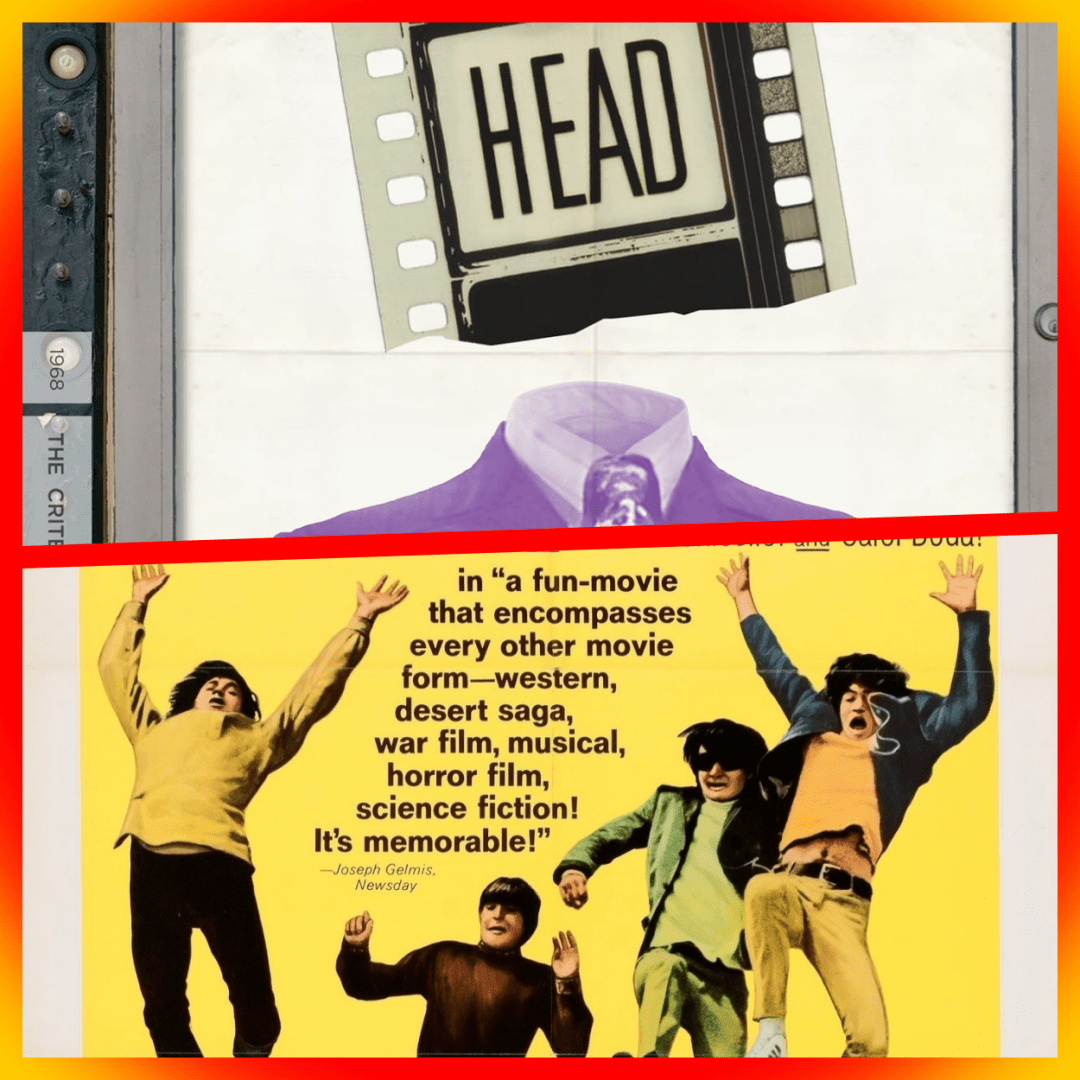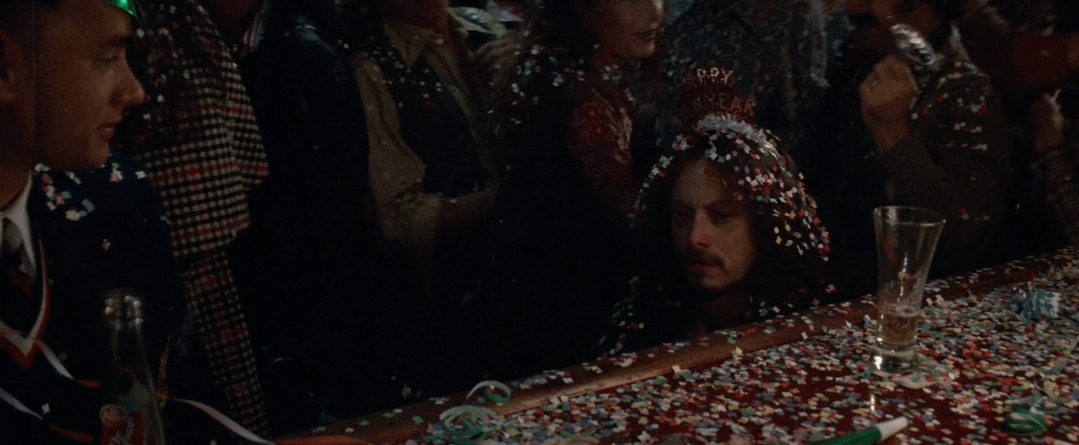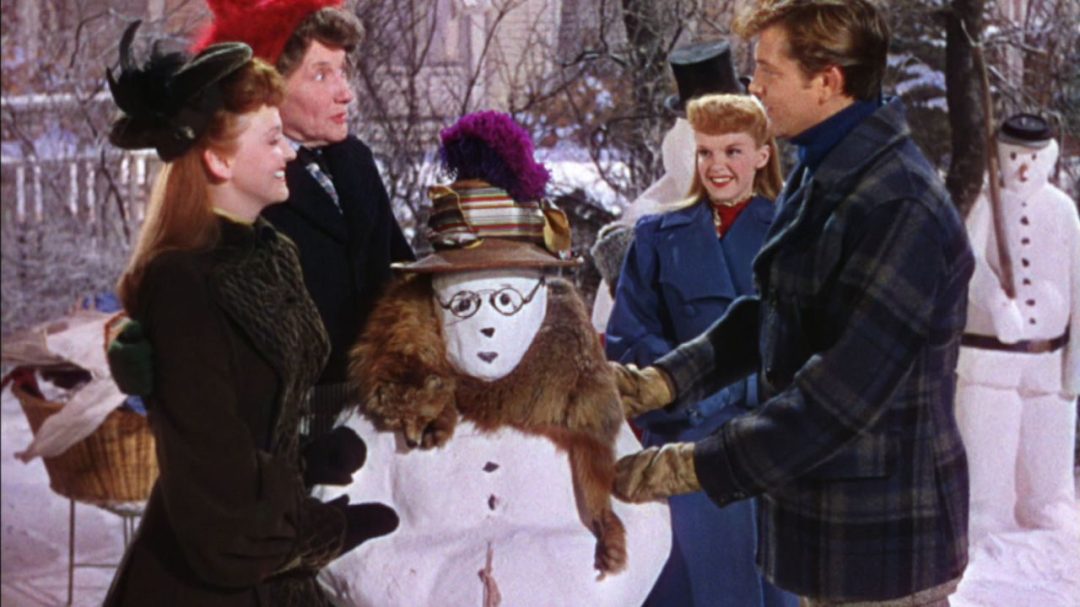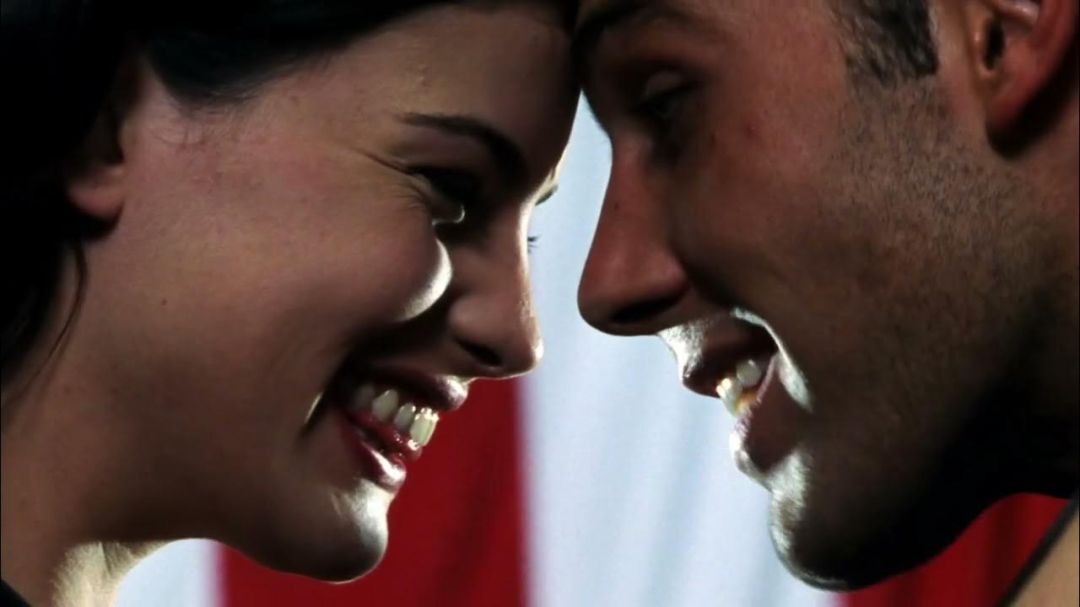This article is part of the Double Features series, which pairs great films that go great together. Check out previous installments here.
Hey there. It’s been a while.
I write about film and TV all the time. In Current Affairs or Crooked Marquee or Cineaste, for lectures and conference papers and podcast recordings. Sometimes I get paid, sometimes I don’t, but it is (at time of writing) the closest thing I have to a job. When Dean and I started The Sundae eight years ago, I would have said that was an impossible dream: ungraspable, barely glimpsable. Distant to the point of unreality.
I’m glad that it’s come true, of course. But there can be something alienating about it: I only write what I want to, but even to get paid the small-to-medium bucks, I have to shape my ideas around news pegs and audience expectations. When we started The Sundae, the only thing between me and the page was me (and Dean, thank God). And I didn’t have the time or space to decide what I wanted to say was neither clickable nor important – I had to write something new every fortnight, and, for reasons still unknown, everything we wrote was many thousands of words. Being a (semi-)professional is a dream come true, but there is a value in amateurism. Amateur, from the French: “one who loves, lover.” I don’t want to be such a professional that I cease to be an amateur.
When you move away, you still visit home. And as the internet transforms into a graveyard of bots and private equity, The Sundae only feels more and more like my online home. So let me say what every wayward child says and almost always means, even if they don’t follow through: I promise to visit more.
Let’s recommend some double features.
Continue reading “Double Features #9: Back At It Again” →














